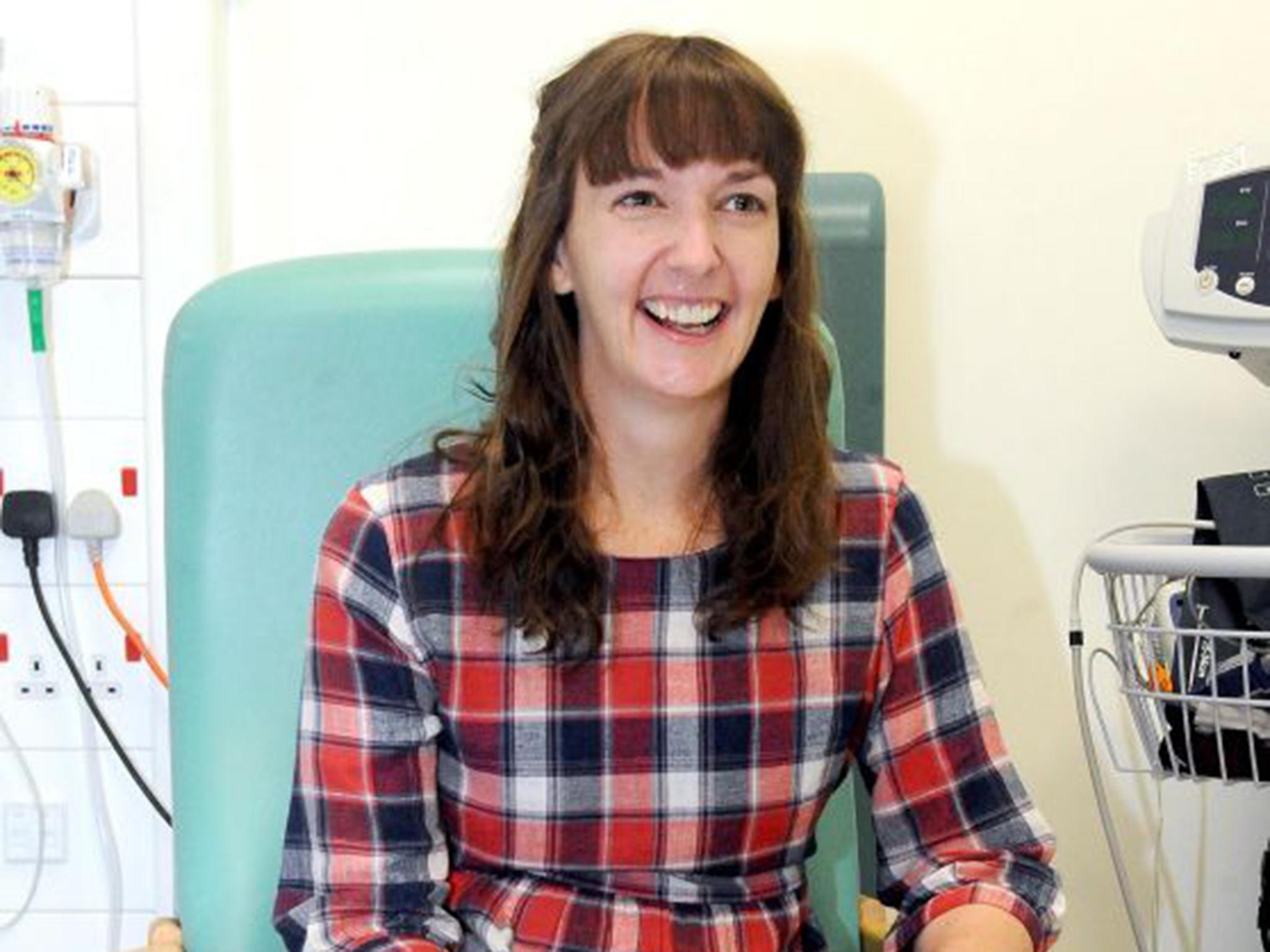Ebola nurse Pauline Cafferkey 'may have put public at risk' when she returned to UK with virus
Ms Cafferkey 'undermined' public trust in nursing profession, Nursing and Midwifery Council says

The nurse who returned to the UK from Sierra Leone infected with the Ebola virus, Pauline Cafferkey, “potentially put the public at risk” through her actions, a disciplinary hearing has heard.
A lawyer representing the Nursing and Midwifery Council (NMC) told a three-member panel Ms Cafferkey’s conduct had “undermined” public trust in the nursing profession.
The 40-year-old is accused of allowing an unnamed colleague to falsify a reading of her temperature during airport screening. She is also facing the accusation she left Heathrow’s designated testing area without reporting her real temperature.
The NMC allege a doctor measured Ms Cafferkey’s temperature at 38.3C when she arrived at Heathrow - above the 37.5C threshold for further testing - but a colleague recorded her reading as 37.2C.
The nurse was cleared for a flight to Glasgow but woke feeling “very unwell” the next day, when she was diagnosed with Ebola and transported to an isolation unit at London’s Royal Free hospital.
Accusations she acted dishonestly were dropped after a panel found there was no reasonable prospect of proving them.
Ms Cafferkey’s lawyer, Joyce Cullen, rejected the misconduct accusation by saying Ms Cafferkey’s ability to make decisions was impaired by exhaustion. The nurse was in the early stages of Ebola and had been on a 22-hour flight.
The nurse’s unblemished record made exhaustion the most likely reason for the behaviour, Ms Cullen argued
But the legal representative for the NMC, Anu Thompson, said exhaustion did not excuse her behaviour, Press Association reported.
"The fact that she was suffering from the early onset of the virus cannot absolve her of all responsibility for her conduct,” Ms Thompson said, “nor can it remove her understanding or knowledge of the disease."
Ms Thompson acknowledged Ms Cafferkey was acting for the public good by providing humanitarian assistance in Sierra Leone.
Yet she asked the panel to find Ms Cafferkey’s fitness to practice impaired “to protect the public and protect the public interest”.
The nurse has since been admitted to hospital twice: once when she relapsed with the deadly virus and once with meningitis.
Join our commenting forum
Join thought-provoking conversations, follow other Independent readers and see their replies
Comments